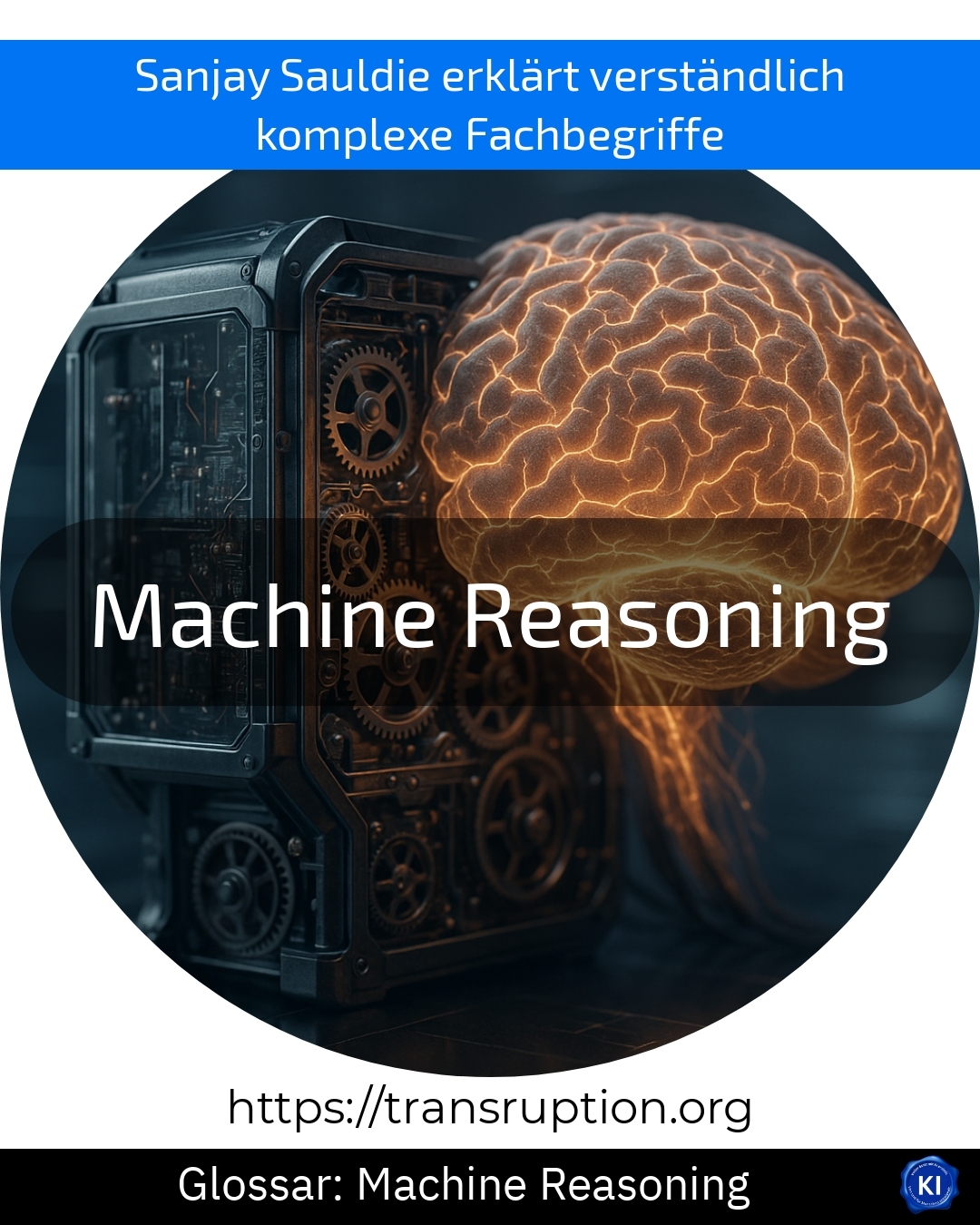Machine reasoning is particularly at home in the fields of artificial intelligence, automation, big data and smart data. The term describes the ability of computers not only to collect or calculate data, but also to draw meaningful conclusions from it independently - similar to the way humans think logically.
While simple programs only do what they are told, machine reasoning can "think" for itself: it recognises patterns, evaluates information and makes decisions. For example, thanks to machine reasoning, intelligent factory software can recognise during operation when a machine could soon break down and initiate maintenance in good time. This saves time and costs and ensures that production runs more smoothly.
Another example is automatic fraud detection in the financial sector: machine reasoning analyses transaction data and finds unusual patterns that may indicate fraud. This reduces risks for companies and customers.
Machine reasoning makes digital systems significantly "smarter" and enables them to solve problems or make recommendations independently in many areas. This makes this technology an important building block of the digital future.















